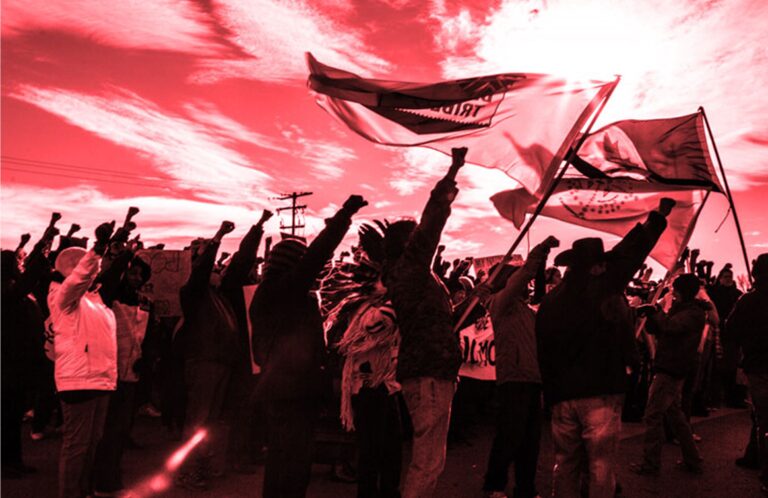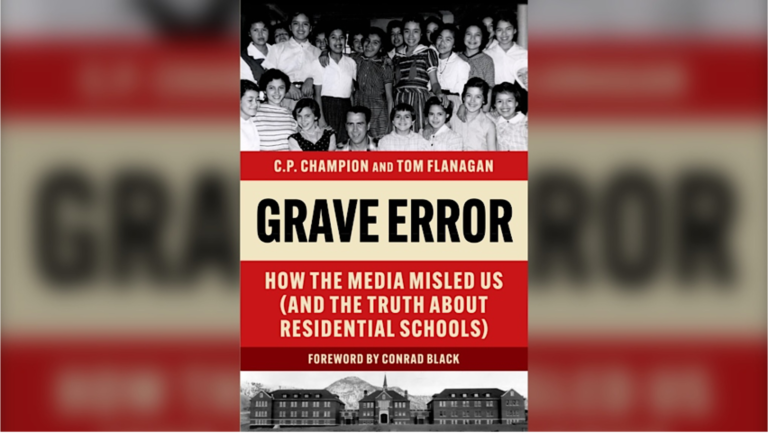
Q: You have publicly expressed concern about the CBC, saying that you “actually think the institution is worth salvaging, especially at a time when the networks and newspapers are all in trouble.” As a competitor in your current role at Rogers, and as a long-time critic of the CBC during your journalistic career at Maclean’s, the National Post and Alberta Report, why are you now advocating for its survival?
A: Here’s why I think the CBC, and a public broadcaster, more generally, is important at this time. We’ve seen enormous change in the media world in the last ten, fifteen years. It used to be that the news and current affairs business was dominated by newspapers and conventional broadcasters. Canadians were fairly well served in their news and current affairs options. Most of our cities had two newspapers, if not three or four in Toronto and Montreal, and a choice of private broadcasters as well. There were public broadcasting options as well, including the CBC. All of that is now under serious threat. It’s not inconceivable that in another five to ten years we could be in a world where there are no or very few Canadian newspapers or broadcasters of any note left standing. Most of the media that we watch and gather information from could be branch-plants of American services like Huffington Post or the New York Times or Politico or Buzzfeed or any of these newer media entities. I don’t have a problem with these services but I don’t think they will invest in Canadian coverage in a big way.
Q: Why do we need a state-owned broadcaster to cope with this threat?
A: Some of our private digital companies and news agencies, whether it’s the Tyee or iPolitics or National Newswatch, may grow up into important services and become surrogates for newspapers and broadcasters, or they may not. It’s a very competitive market for advertising out there. And scale matters hugely. I’m not sure that five, ten years out any of the Canadian companies will generate enough scale in advertising to compete with the global companies. So, we may end up with a branch plant media and a range of local services lacking the scale to have real impact.
I think in those circumstances it might be very important to have an institution like the CBC that is particularly concerned about Canada and Canada’s national interest. Not as the lone voice, the sole voice, of a Canadian perspective but as a robust presence for Canada on the media scene. So rather than dismantling it or letting it die a slow death, I think we should be reconsidering the CBC’s mandate and preparing it as a service for a more globally competitive media environment five, ten years out.
Q: What kind of changes do you have in mind?
A: Two main things. First, I disagree with what I consider to be the CBC’s historic focus on drama and entertainment, particularly on the television side. If we’re talking about the CBC as a whole, and where the money goes, an enormous amount has gone to drama and entertainment. These efforts have largely failed to find audiences. I wouldn’t pull out of drama and entertainment altogether but I think news and current affairs are the real soul of the CBC and what’s crucial about the CBC. So I would be focusing much more in that area across the English-language services.
Secondly, major administrative and organizational changes are needed to prepare CBC for the future. No one inside the old bureaucracy will ever transform the existing institution into a nimble, digitally savvy, next generation media service. In my opinion, it can’t be done. What has to happen is the CBC has to outsource a lot of its future to new satellites or arms length operations that can be one hundred per cent focused on building what’s next, rather than spending a whole bunch of time trying to manage the mess that they have inherited, or somehow keep the old analog CBC alive. That’s too much work and there’s too much baggage. Even conventional well-run private companies are finding it difficult to make the leap to the future. I don’t see how something as messed up as the CBC is ever going to do it unless they set some portions of the operation and build some new teams outside of the existing core, staff them with new blood, give them a new mandate, and let them loose to build the CBC’s future, the next generation service. Don’t expect the legacy CBC to come up with the answers.
Q: Do you have any hope or expectation that the federal Conservative government, which is congenitally hostile to the CBC, will initiate changes?
A: I understand entirely why the current government doesn’t like the CBC. But that’s no excuse for poor stewardship of the CBC. They’ve simply ignored it, or applied a strategy of containment to the CBC. To me that’s irresponsible. It’s an important institution. It’s a Crown Corporation that deserves to be managed as well as everything else in the cultural sphere.
Cultural policy and stewardship of these institutions has not been a strong point for this government. I like what they’re doing with the Canadian Museum of History. They’ve done pretty poorly with everything else. I think the Liberals, if they were to win the next election, will be much more active on these files. Frankly, I think Canadians would appreciate it.
Q: Are there any votes in reforming the CBC?
A: I see a lot of media research. As much as the CBC has audience problems, declining ratings and waning relevance, there is an enormous amount of good will towards the institution. And people don’t really mind their tax dollars going to support it. People understand the need for it and feel a certain affection for it.
There are a lot of people who have a problem with the CBC’s politics. There are a lot of people who don’t agree with its programming choices. There are a lot of people upset about Jian Ghomeshi, but the CBC as an institution is an important part of Canada for most Canadians. It deserves a fix, not neglect.
Q: Radio Canada is functioning well in Quebec. Listener-supported CKUA in Alberta could do better if the CBC got out of the way. There are examples of successful public and donor-supported media in the U.S. and around the world. But the CBC model is so broken, is it even worth trying to repair?
A: One of the problems we have in Canada is that different parts of the country aren’t naturally inclined to notice or care about one another. I think it’s really important to have a national broadcaster or, to put it another way, a national media and current affairs service. I wouldn’t be adverse to the government saying we want to set up as a distinct entity from the CBC, a forward looking new media entity. National in scope, publicly funded. And then you would be pretty much leaving the CBC to die an analog death.
But there is a lot of equity in the CBC brand. And there is content there. There’s resources there and existing sources of funding there. In addition to the billion dollars from government, there’s about 800 million in advertising revenue. There’s a lot of money to work with. I think, my first choice would still be to operate under the CBC banner, but looking to out-sourcing, to partnerships, to independent producers and creators, rather than trying to support at the same time another portfolio of public broadcasters. I think CKUA’s great. I think TVO’s great, and I want to see them all do well. But I also want to see a national brand.
Q: What about the CBC’s role as a talent developer?
A: Historically, the CBC has developed talent, and at present there are a lot of talented people working at the CBC. I think it’s been a long while, however, since the CBC was regarded as a discoverer and nurturer of talent. It’s too rigid and bloated for young people to make their way forward at present. It can play that role again in the future, especially if it moves to a more decentralized, less bureaucratic model of operation. I’m not suggesting for a moment that such a transition would be easy, but I do think it would be worthwhile.



